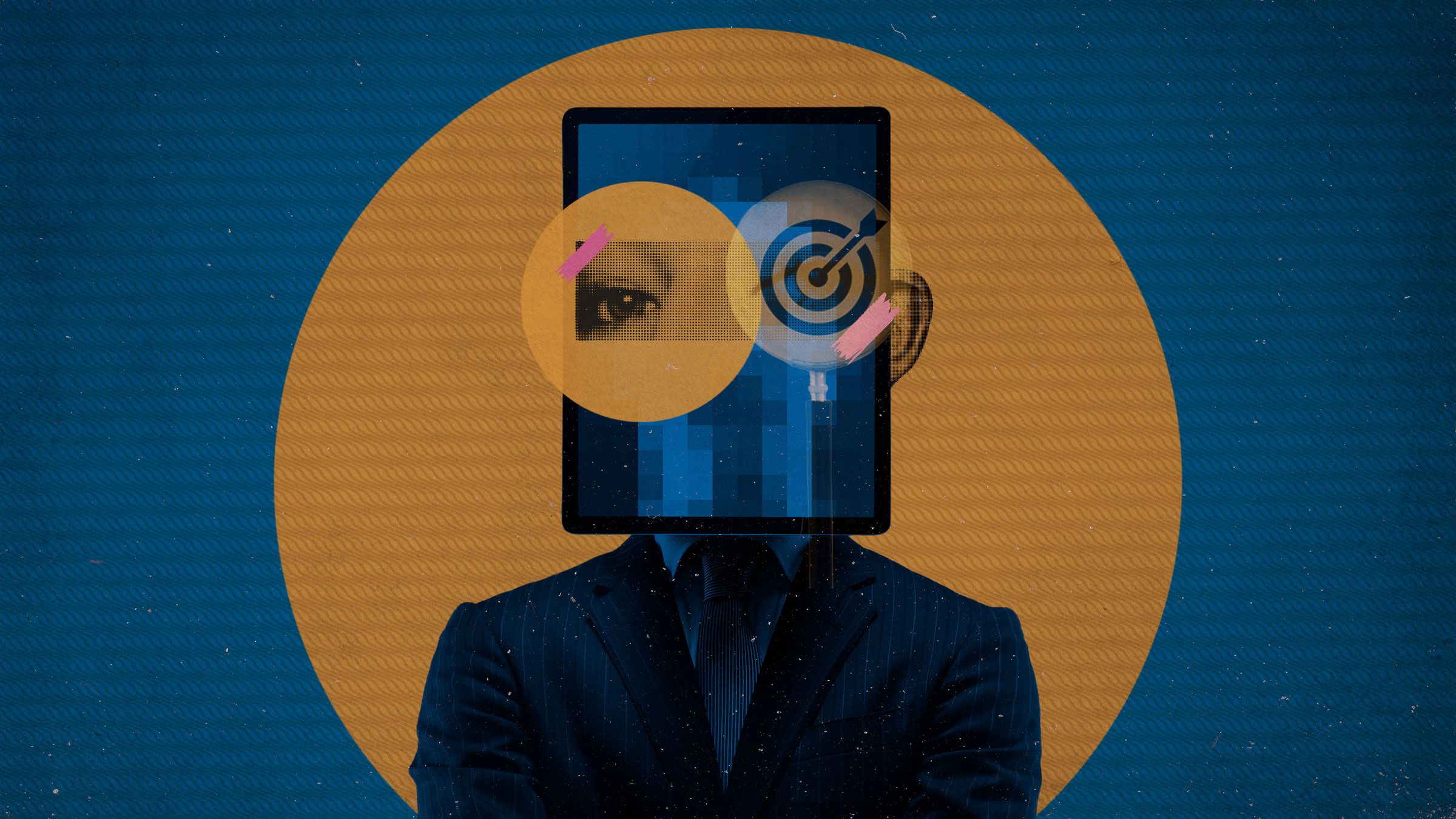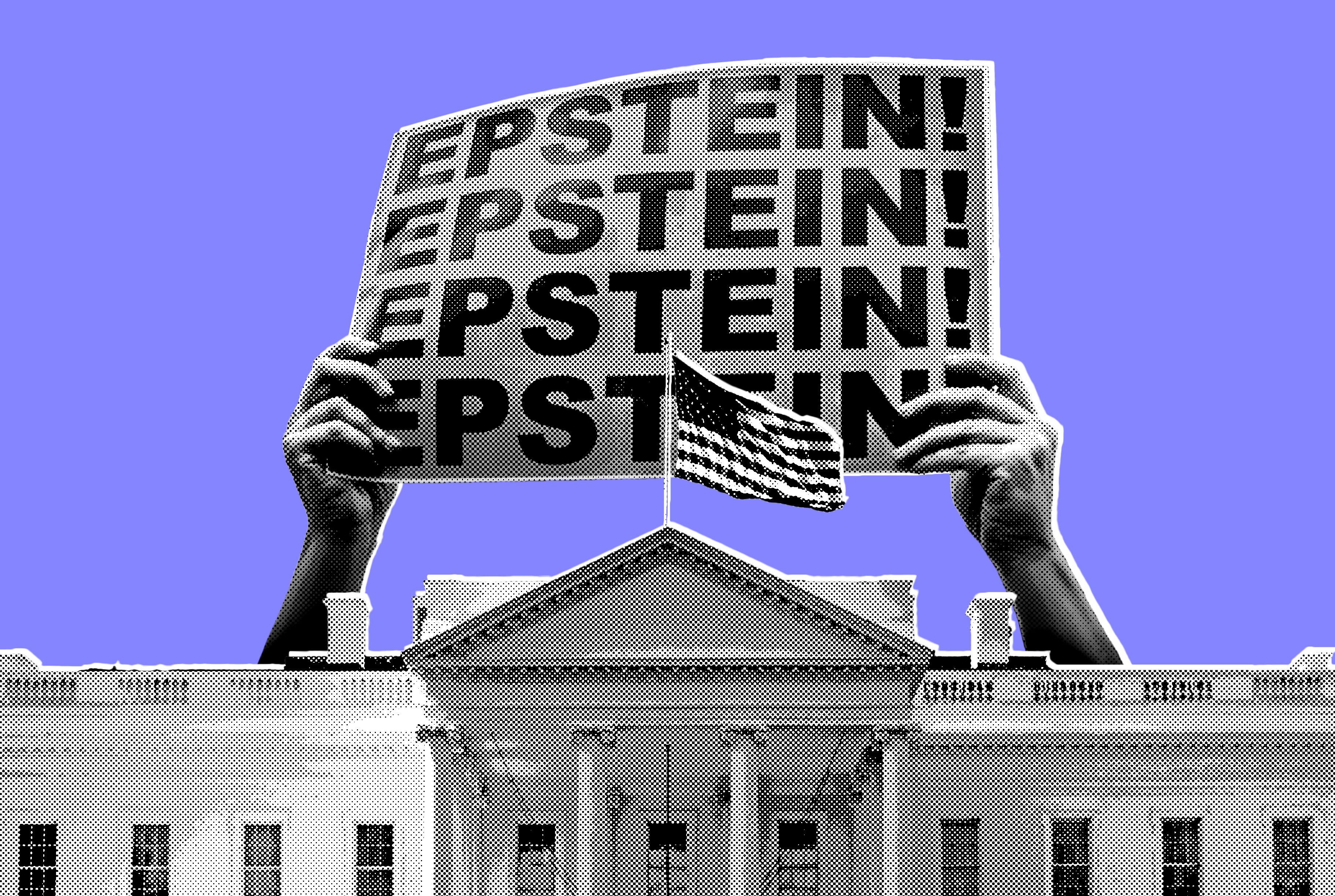Inequality Is a Health Risk—and It’s Getting Worse
…

Inequality Is a Health Risk—and It’s Getting Worse
Inequality has long been recognized as a social issue, but recent studies have shown that it can also have detrimental effects on health. The gap between the rich and poor is widening, leading to disparities in access to healthcare, nutritious food, and safe living conditions.
Research has shown that people in lower socioeconomic brackets are more likely to suffer from chronic conditions such as diabetes, heart disease, and obesity. They are also less likely to receive proper medical care and have higher rates of premature death.
Furthermore, the stress of living in poverty can have a significant impact on mental health, leading to conditions such as depression, anxiety, and substance abuse. These conditions can further exacerbate physical health issues, creating a vicious cycle of poor health outcomes.
Policies that address income inequality and provide better access to healthcare and social services can help mitigate these health risks. By ensuring that all individuals have the resources they need to lead healthy lives, we can work towards closing the health gap between different socioeconomic groups.
Unfortunately, the trend of increasing inequality shows no signs of slowing down. Without concerted efforts to address this issue, we will continue to see widening disparities in health outcomes and quality of life.
It is essential for policymakers, healthcare providers, and communities to come together to develop strategies that promote health equity and address the root causes of inequality. Only through collective action can we hope to create a more just and healthy society for all.
As individuals, we can also play a role in advocating for policies that promote equality and support our most vulnerable populations. By raising awareness and taking action, we can help create a more equitable society where everyone has the opportunity to thrive.
It is clear that addressing inequality is not just a social or economic issue—it is a matter of public health. By understanding and addressing the health risks associated with inequality, we can work towards creating a healthier and more equitable society for all.







